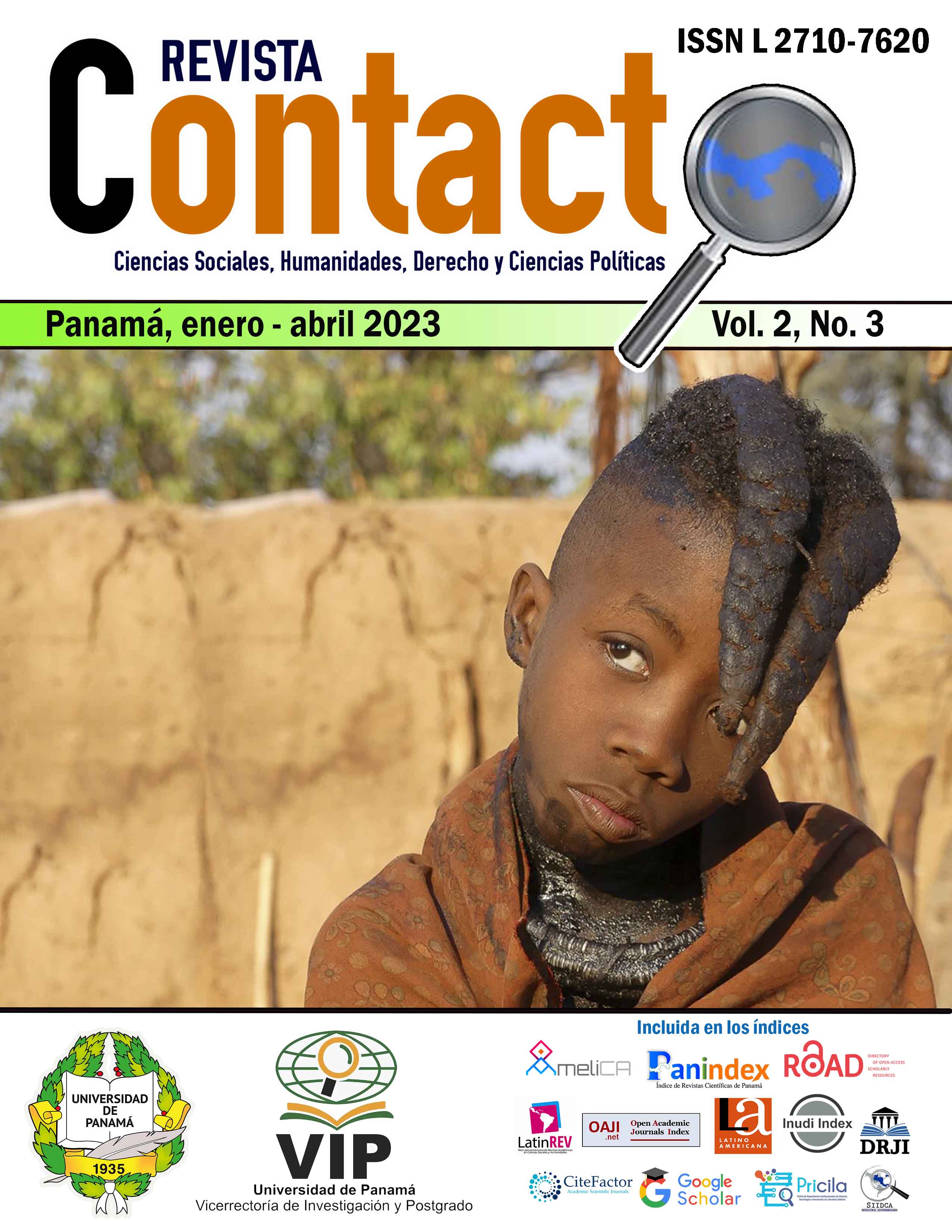


This work is licensed under a Creative Commons Attribution-NonCommercial-ShareAlike 4.0 International License.
The objective of this study is to determine the relationship of the factors with tax evasion in computer equipment merchants in Jr. Gonzales Prada in the City of Juliaca, considered one of the most profitable items during the COVID-19 pandemic. The research design is based on a non-experimental longitudinal correlational descriptive cross-sectional model, as the study period the years 2018 and 2021 were determined. The sample considered for the study was 66 and 72 businesses respectively, to which a questionnaire of the economic, social and cultural factor variables with tax evasion of 22 questions with a Likert scale. The results of the case show that there is a notable incidence of the cultural factor on tax evasion with (r=-.806 in 2018, r=-.790 in 2021, p <.05). It indicates that there is little tax awareness which directly affects non-compliance with tax obligations. In addition, 33.3% demonstrate knowledge about the tax culture in the year 2018, while 37.5% in the year 2021. Which reveals that the majority of taxpayers have poor knowledge and lack of information about: issuance of receipts, monthly declarations and pay taxes correctly. Therefore, there is an infringement of the tax obligation and it is reflected in the problem of tax evasion. In conclusion, the taxpayers of the study population lack a tax culture, they are unaware of their duties due to the complexity of the tax legislation; and also the informality that is handled in said population notably involves, therefore natural or legal persons unconsciously fail to comply with tax regulations, significantly affecting tax collection in Peru.